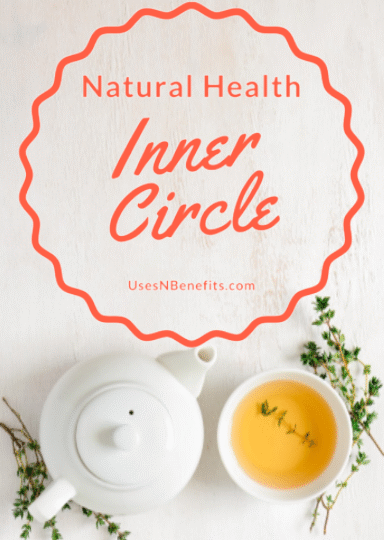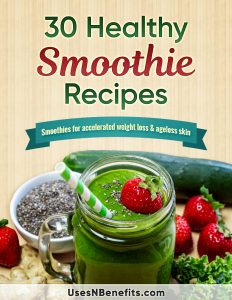Are you hearing some amazing things about chia seeds and just want to get the facts straight – no frills? Smart move.Once you have read the points presented in this article, you’ll be able to say for yourself if chia seeds really deserve all the praise they are getting.
A Brief History Of Chia Seeds
The history of chia seeds dates as far back as 3500 B.C, beginning in Central America with the Aztec and Mayan civilizations. The chia seeds were
- used in beverages
- pressed for oil
- ground into flour which could remain usable for years
- added to medicinal mixtures
- paid as tributes and taxes
- used in religious ceremonies and offered to the gods
The arrival of Europeans in the 16th century saw a decline in the production and use of the chia seed. This was due to the efforts of the new arrivals to suppress the native religions. The chia plant, being so closely tied to religion, was intentionally eradicated and driven to near extinction.
In recent years the chia seed has gained widespread popularity as a “superfood”, meaning it is supposed to have tremendous health benefits based on its nutrient profile. But does it deserve this designation?

Here’s What Chia Seeds Really Provide (per 100 grams)
Protein
They contribute one-third of daily recommended protein and they are rated as a complete protein source with all the protein-forming amino acids we need.
Minerals
They offer well over half of the recommended daily dosages of many nutrients including manganese and phosphorous (over 100%); vitamin B1, B3, calcium, iron, magnesium and zinc (around or above 50%). These minerals contribute to many body functions and some are crucial in forming and maintaining healthy bones and teeth.
Fibre
Chia seeds are 40% fibre by weight, making them low in calories while contributing to digestive health. The fibre helps them to absorb up to 12 times their weight in water. This hydrates you and keeps you feeling fuller for longer. The fibre also contributes to their high lignan content. Lignans are antioxidant phytochemicals that help to reduce the risk of cancer.
Omega-3 Fatty Acids
They are among the richest sources of omega-3 fatty acids and are noted for being the richest plant source. Omega-3s help to regulate inflammation, increase the amount of calcium in the body and contribute to lower cholesterol and triglyceride levels.
Antioxidants
They have small amounts of the antioxidant vitamins (A and E) but are rich in antioxidant flavonoids and polyphenols. All of these help chia seeds to contribute to stress reduction, as well as, lower the risk of developing chronic diseases.
Is There A Downside To Chia Seeds? Not really.
Some people find the thick gooey gel of soaked chia seeds a little unpleasant. Others say a stronger flavour might make adding it to foods more appealing.
For the majority of people, however, those two points actually seem to be positives. Firstly, its goodness helps to thicken beverages and secondly, when added to foods you already like, it gives a nutrient boost without changing the taste.
So now you have the honest facts about chia seeds, what do you think? Seems like they live up to the hype, right? Give them a chance and allow yourself to take advantage of their amazing benefits.






